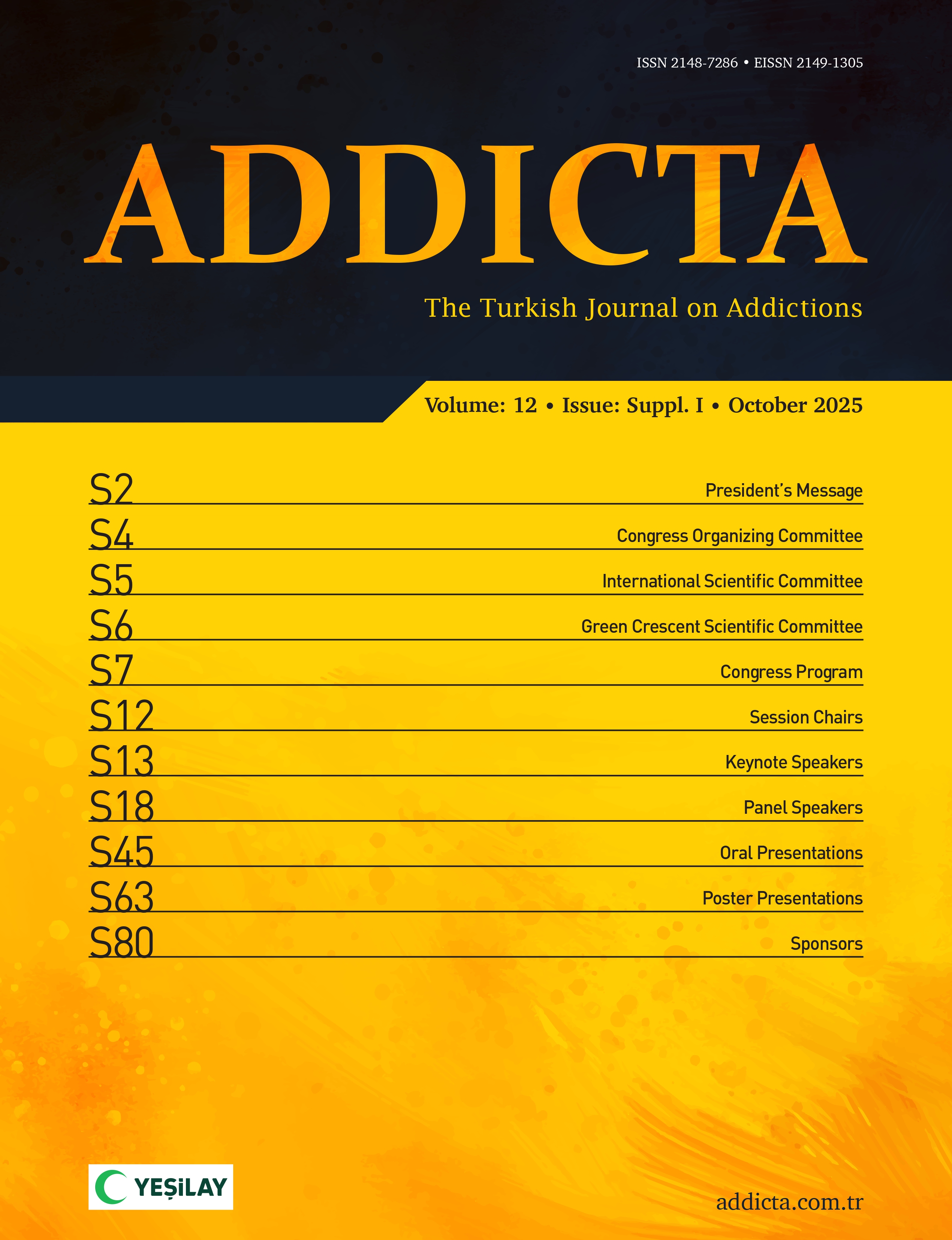The rapid growth of short video platforms such as TikTok, Instagram Reels, and YouTube Shorts has heightened concerns about smartphone-related distractibility, flow experiences, and addictive engagement. Excessive use of these platforms has been linked to attention deficits, stress, and diminished psychological well-being, yet little is known about these processes among pre-service special education teachers—a group requiring high levels of attentional control for their future professional roles. This study examined the explanatory role of short video flow in the relationship between smartphone-related distractibility and short video addiction. It aimed to integrate Flow Theory, Compensatory Internet Use Theory, and Uses and Gratifications Theory to explain how motivational, compensatory, and gratification-seeking mechanisms jointly contribute to addictive short video use and its mental health implications. Participants were 323 pre-service special education teachers (42.4% male, 57.6% female; M = 20.54, standard deviation = 2.73). Validated self-report measures were administered, including the Smartphone-Related Distractibility Scale, the Short Video Flow Scale, and the Short Video Addiction Scale. Structural equation modeling with bootstrapping was employed to test direct and indirect effects. Smartphone-related distractibility was positively associated with short video flow (β = .569, p < .001) and short video addiction (β = .263, p < .001). Short video flow significantly mediated the relationship between distractibility and addiction (β = .343, 95% CI [.249, .418], p < .001). The partial mediation model provided the best fit (χ²/df = 2.50; Comparative Fit Index (CFI) = .989; Tucker-Lewis Index (TLI) = .975; Root Mean Square Error of Approximation (RMSEA) = .068). The model accounted for 42% of the variance in flow and 51% of the variance in addiction, indicating substantial explanatory power. These findings suggest that flow experiences play an important role in explaining how digital distractibility relates to problematic short video use. The results also highlight the importance of supporting digital attention skills and promoting well-being practices within teacher education programs.
Cite this article as: Kurtça, V. E., & Laçin, E. (2025). Smartphone-related distractibility, flow, and short video addiction: implications for the mental health of pre-service special education teachers. Addicta: The Turkish Journal on Addictions, Published online November 7, 2025. doi:10.5152/ADDICTA.2025.25579.

.png)

.png)
.png)
